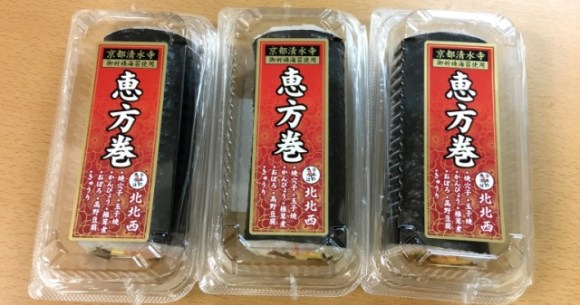[ad_1]
A group of Japanese researchers has succeeded in increasing pancreatic islet cells, which produce insulin, through the expression of a specific gene.
The study by the group, including Yasuhiro Yamada, professor at the Institute of Medical Science at the University of Tokyo, was published in the online British medical journal Nature Metabolism on Thursday.
The group hopes that the technique will help cure diabetes, caused by a lack of insulin. There are estimated to be over 400 million people with diabetes around the world.
Pancreatic islet cells actively multiply before and following birth but lose their proliferative capabilities later. Therefore, the main treatments for diabetes are supportive therapies such as the injection of insulin.
In the study, the research team found that the gene called MYCL, which is used to create induced pluripotent stem cells (iPS cells), is expressed in pancreatic islet cells of prenatal mice.
The team had the gene expressed in such cells removed from adult mice, leading to active proliferation of the cells. Similar results were obtained with islet cells inside mice and those from brain-dead human donors.
The expression of the gene was also tested in diabetic mice, in which blood sugar levels improved.
“We hope to conduct a clinical trial within five years of the transplant of pancreatic islet cells derived from donors and multiplied through the expression of MYCL,” Yamada said.
In a time of both misinformation and too much information, quality journalism is more crucial than ever.
By subscribing, you can help us get the story right.
SUBSCRIBE NOW
KEYWORDS
diabetes, insulin
[ad_2]
Source link
















